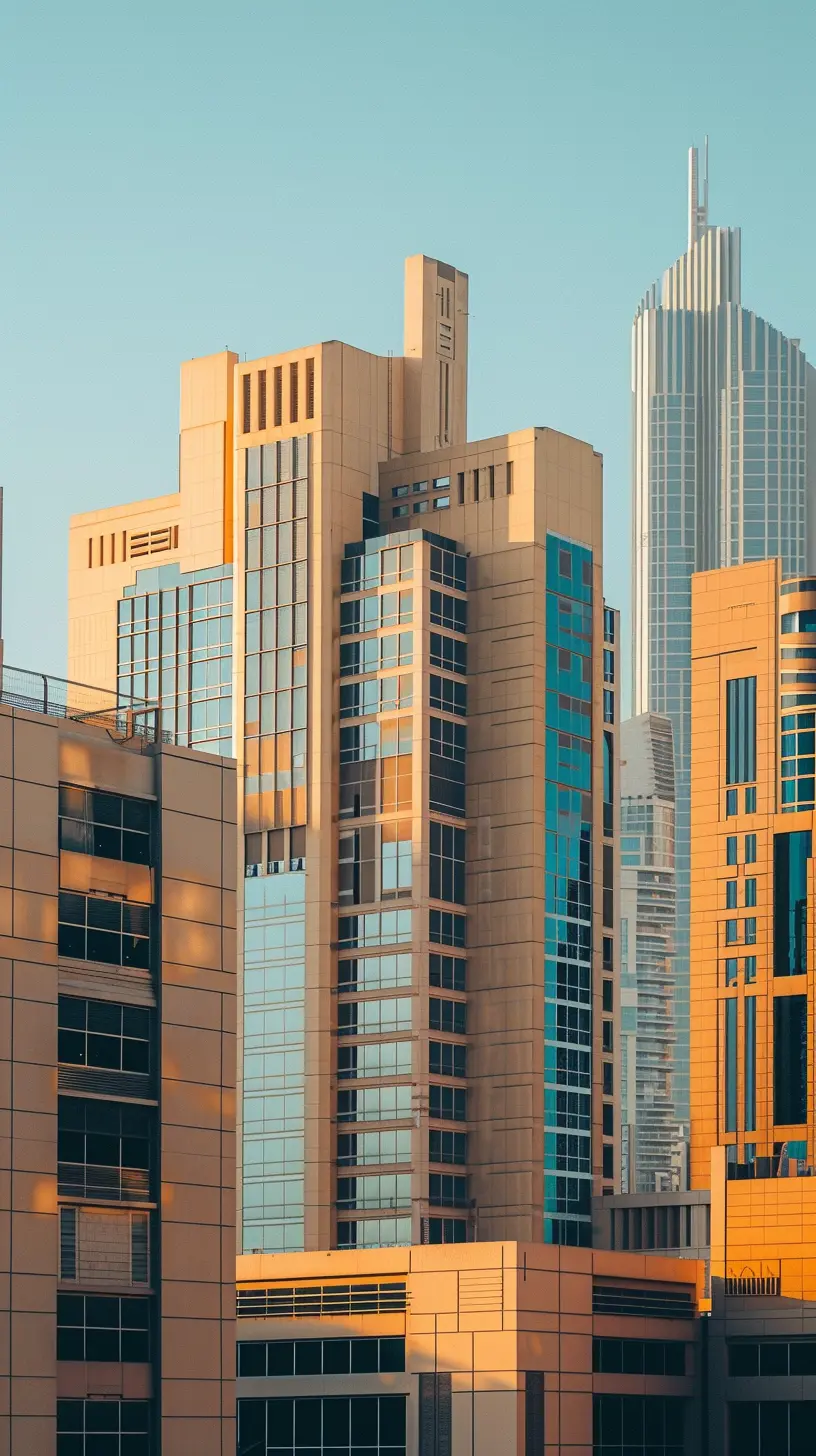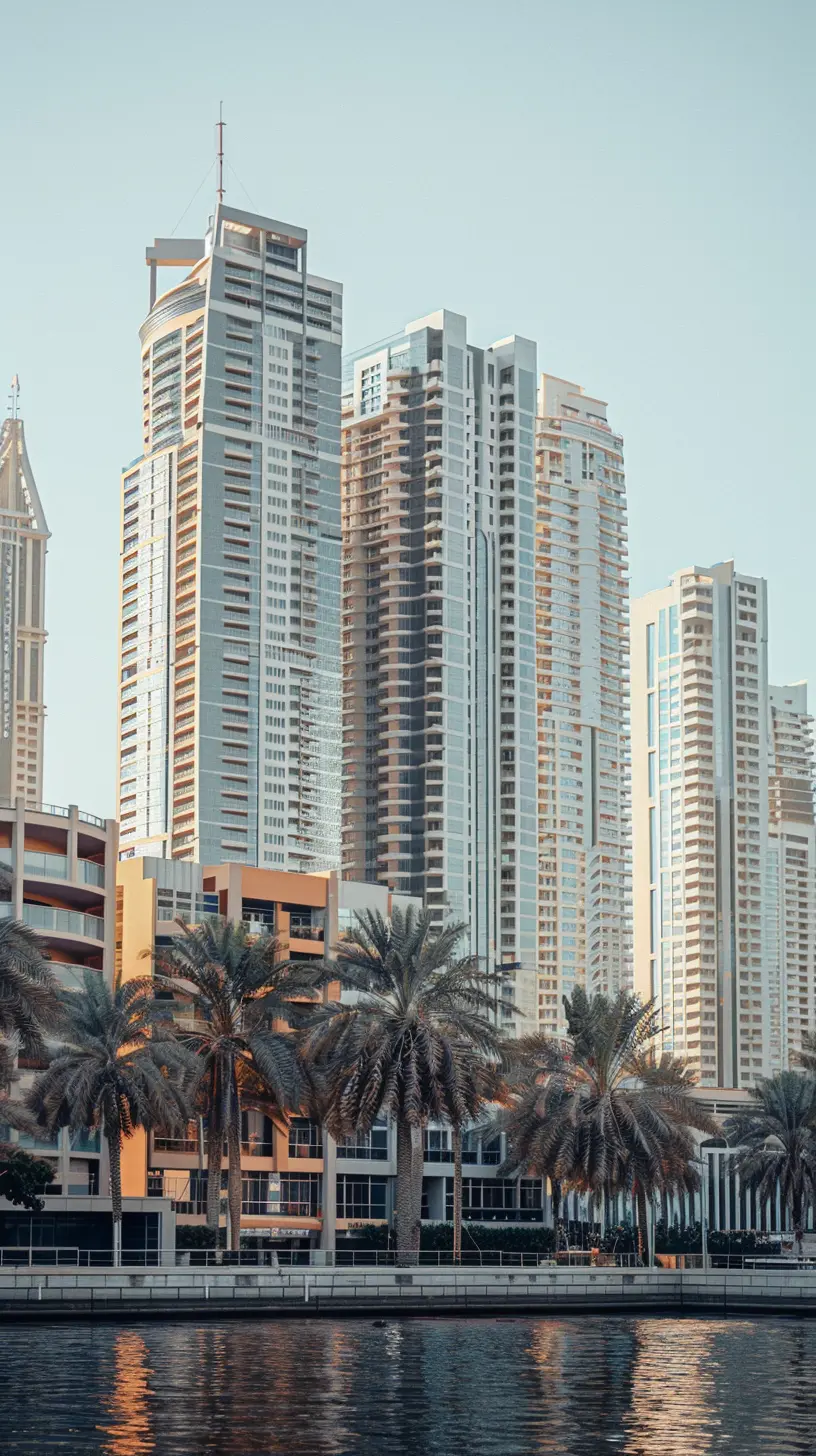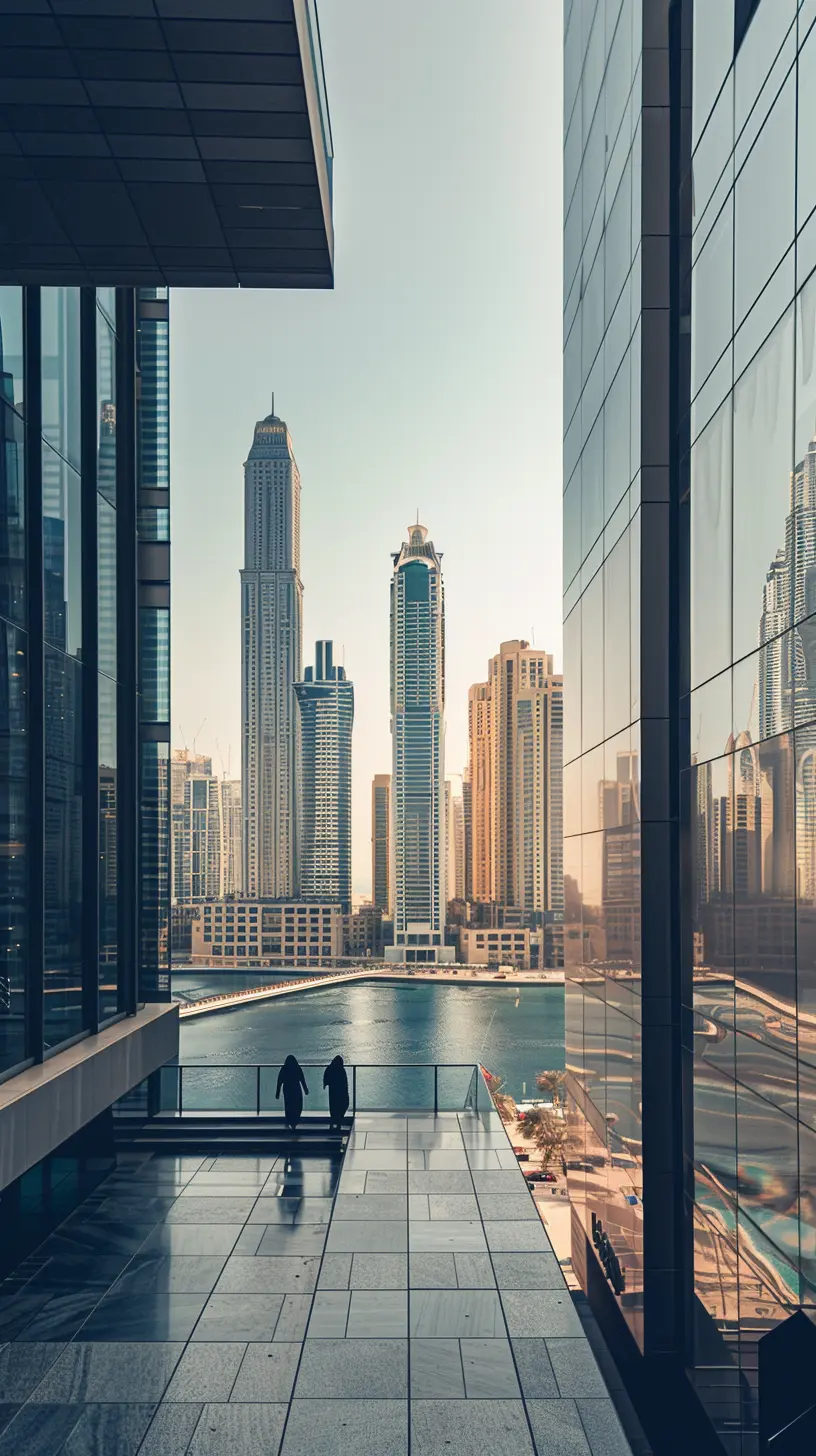Many expats worry about building long-term wealth, since we don’t have pensions or 401(k)s contributed by Dubai employers. What if I told you that investing in a one-bedroom apartment in Dubai could be one of the smartest retirement moves you make? I’m Laila Janik, CEO of MYS Real Estate and an expat myself, and I’ve seen how owning property here becomes a financial lifeline for expats planning their future.
Let’s explore how a one-bedroom investment can serve as a nest egg that keeps giving long after you’ve left the sand and skyscrapers behind.
Passive Income for Life: Picture this – years from now, you’ve moved to your home country or another destination of choice. Every month, like clockwork, you receive rental income from your Dubai apartment. It’s like a monthly pension payout, except it’s from a property you shrewdly acquired while working in the UAE. Many expats are surprised at how far even one property’s income can go in their home country. For example, if your Dubai one-bedroom fetches, say, AED 80,000 in rent per year (quite plausible in a strong area, which is about $21,800 gogold.realestate), that might convert to a tidy sum in your local currency. If you’re from South Asia or parts of
Europe, that could be a significant supplemental income. The beauty is, Dubai’s rental market is bolstered by continuous population and economic growth – so your asset should stay in demand. As of late 2024, rents in Dubai have been surging ~17% annually for apartments globalpropertyguide.com, which is great when you’re on the receiving side. Instead of your income eroding with inflation in retirement, as a landlord you might find it increasing over time. Down the road, if you decide to keep the apartment into retirement, you have a reliable income source that (unlike a fixed pension) can rise with the cost of living. In essence, you’re creating your own personal pension plan – one funded by tenants in a city you once lived in.
Capital Appreciation – Your Safety Net: Let’s not forget, you also own the asset. Dubai’s property values historically have cycles, but the long-term trend with a growing city is upward. Say you bought today and plan to retire in 15 years – by then, even with normal marketfluctuations, there’s a strong chance your property will have appreciated in value (just as we’ve seen significant rises in the past two years globalpropertyguide.com). That means if you ever need a lump sum – for an emergency, or to help your children, or evento buy a retirement home in your country – you could sell the Dubai property and liquidate possibly a much larger amount than you invested. Think of it as a savings account that grows, but one that someone else (your tenant) is contributing to every month. Also, consider currency diversification: your property is in AED (pegged to USD), so you’re hedged if your home currency depreciates. We’ve seen some expats from countries with weaker currencies double-win: their Dubai asset rose in value and their home currency fell, so when converting back, they got an even bigger windfall. That’s a subtle benefit of holding international real estate – a retirement hedge against currency and economic troubles back home.
Low Maintenance, High Reward: One-bedroom apartments are famously low-maintenance (a reason we tout them for first-timers too!). This carries into retirement – you don’t want to manage something complicated in your golden years. A one-bed in a good building is relatively easy to maintain via a property manager or a trusted local agent who can oversee it. The cost of that management is small compared to rent (5-7%). So even if you’re not in Dubai, your property can be looked after. Many retired expats who kept properties here have told me how they barely have to do a thing – their agent finds tenants and handles issues, they just see rent in their account. It’s stress-free. Also, a one-bedroom doesn’t usually require huge refurbishment; you can do a quick paint and maybe replace an appliance every few years. So you’re not going to be hit with massive capital expenditures out of the blue. Contrast that with maintaining a large villa back home in retirement – roof leaks, garden, etc., can become burdensome as one ages. The simplicity of a one-bed is a boon when you just want reliable income without headaches.
Beating Home Country Investments: Many expats think of investing “back home” for retirement – maybe buying a property there. But often, those markets have lower yields or higher barriers. For example, a rental in your home city might yield only 3-4% and you’ll pay tax on the income. In Dubai, you got ~7% gross and no income tax. Over decades, that difference is enormous – it could mean double or triple the cumulative income. Plus, you might not have enough saved while working here to buy a great property back home outright (especially with many expats coming from expensive big cities). But you can likely afford a Dubai property while earning here. Then, by retirement, you could either sell it and use proceeds to buy something athome or keep it and enjoy the income. It basically forces you to save and invest while earning in Dubai. Without that, many expats sadly end up leaving with little savings, because it’s easy to spend what you earn here. Owning a property creates discipline – you had to put money in it, but now it’s locked in an asset that works for you. Come retirement, that asset is either a nest egg you can cash out or a goose that keeps laying golden eggs (rent) to support you. It’s a far better position than leaving with nothing but whatever’s in your EPF or gratuity.
Permanent Residency Angle: The UAE now offers long-term visas for property investors. Own AED 1M+ in property and you can get a 3-year renewable visa; AED 2M+ can get a 10-year Golden Visa kanebridgenewsme.com. As you near retirement, having a long-term visa through property can be appealing – it gives you the option to actually retire in Dubai if you want (healthcare, quality of life for retirees is improving as new programs launch). Or even if you retire elsewhere, you have the visa to come and go, spend winters here, etc. Some expats do plan to partially retire in Dubai (no tax on global retirement income either!). Owning property smooths that path. It’s about keeping doors open. Alternatively, if you sell, that’s fine, but options are nice to have.
Legacy for Your Loved Ones: Let’s also touch on legacy. Owning a property means you have something tangible to pass to your children or family. Maybe you retire back home but keep the flat to leave to your kids – now they have a valuable international asset (and maybe a reason to visit Dubai!). It could generate income for them or they could use it. It’s a nice legacy from your time working abroad, far more impactful than remitting cash which might get spent.
In summary, by buying a one-bedroom now, you set in motion an investment that can pay you dividends in retirement and give you security. It’s like planting a seed in Dubai’s soil that grows into a fruit-bearing tree by the time you hang up your work boots.
If you’re an expat thinking long-term, let’s ensure today’s earnings become tomorrow’s security. Get in touch and I’ll help you strategize a one-bedroom purchase aimed squarely at retirement goals. We’ll pick a property with strong rental appeal and growth prospects, run the long-term projections, and even discuss property management for when you’re not in Dubai.
Think beyond your immediate stay – think lifetime income. Your future self will thank you for the foresight and the steady “paycheck” a Dubai property can provide in retirement. Let’s start building your nest egg now. 🕊🏠






